 Action Inhibits movement of calcium ions across cell membrane in systemic and coronary vascular smooth muscle.
Action Inhibits movement of calcium ions across cell membrane in systemic and coronary vascular smooth muscle.
 Indications Hypertension; chronic stable angina; vasospastic (Prinzmetal’s or variant) angina.
Indications Hypertension; chronic stable angina; vasospastic (Prinzmetal’s or variant) angina.
 Contraindications Sick sinus syndrome; second- or third-degree atrioventricular (AV) block, except with a functioning pacemaker.
Contraindications Sick sinus syndrome; second- or third-degree atrioventricular (AV) block, except with a functioning pacemaker.
 Route/Dosage
Route/Dosage
ADULTS: PO 5 to 10 mg qd. ELDERLY: PO Initially 2.5 mg qd.
HEPATIC IMPAIRMENT PO Initially 2.5 mg qd.
 Interactions
Interactions
Beta-blockers: May cause increased adverse cardiac effects as a result of myocardial depression. Fentanyl: Severe hypotension or increased fluid volume requirements have occurred with similar drug.
 Lab Test Interferences None well documented.
Lab Test Interferences None well documented.
 Adverse Reactions
Adverse Reactions
CV: Palpitations; peripheral edema; syncope; tachycardia; bradycardia; arrhythmias; ventricular asystoles. CNS: Headache; dizziness; lightheadedness; fatigue; lethargy; somnolence. DERM: Dermatitis; rash; pruritus; urticaria. GI: Nausea; abdominal discomfort; cramps; dyspepsia. RESP: Shortness of breath; dyspnea; wheezing. OTHER: Flushing; sexual difficulties; muscle cramps, pain or inflammation.
 Precautions
Precautions
Pregnancy: Category C. Lactation: Undetermined. Children: Safety and efficacy not established. CHF: Cautious use is required with this condition. Hepatic impairment: Cautious use is required.
PATIENT CARE CONSIDERATIONS
 Administration/Storage
Administration/Storage
- Administer medication in morning.
- If patient has difficulty swallowing, crush tablets.
- Store in tightly closed container in cool location.
 Assessment/Interventions
Assessment/Interventions
- Obtain patient history, including drug history and any known allergies. Note any diabetes, liver disease, cardiac disease or sensitivity to calcium channel blockers.
- Monitor BP and pulse before administration.
- Review baseline ECG.
- Assess for signs of withdrawal syndrome. Abrupt withdrawal may cause increased frequency and duration of angina. Gradual tapering of dose is necessary.
- Assess patient for signs of CHF during therapy.
- If chest pain occurs, assess for location, intensity, duration, and radiation. Nitroglycerin preparations may be administered in conjunction with this medication.
- If drug is used with other calcium channel blockers or beta-blockers, observe for intensification of side effects.
- Withhold medication and notify physician if any of the following signs and symptoms occur: Sudden severe dyspnea; edema of hands and feet; changes in ECG (widened QRS, prolonged QT segments); pulse falls below 50 bpm.
- If the patient experiences chest pain not relieved by medication, continue medication and notify physician.
OVERDOSAGE: SIGNS & SYMPTOMS Nausea, weakness, dizziness, drowsiness, confusion, slurred speech, hypotension, bradycardia, second- or third-degree AV block
 Patient/Family Education
Patient/Family Education
- Teach patient how to monitor pulse before taking medication. Tell patient not to take medication if pulse if < 50 bpm and to call physician.
- Explain to patient how to monitor BP daily.
- Instruct patient not to stop taking this medication suddenly because doing so can cause chest pain and MI.
- Teach patient importance of good oral hygiene and frequent visits to dentist while taking medication.
- Inform patient that frequent follow-up appointments with physician are important to adjust medication dosage.
- Caution patient to avoid sudden position changes to prevent orthostatic hypotension.
- Instruct patient to avoid intake of alcoholic beverages or other CNS depressants.
- Advise patient that drug may cause drowsiness, and to use caution while driving or performing other tasks requiring mental alertness.
- Instruct patient not to take otc medications without consulting physician.

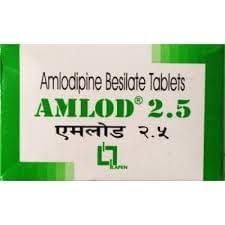
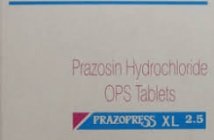
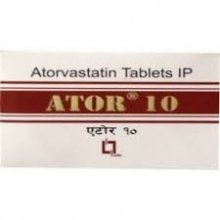




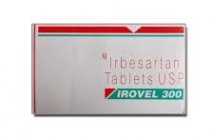
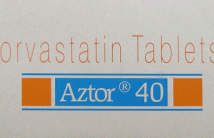
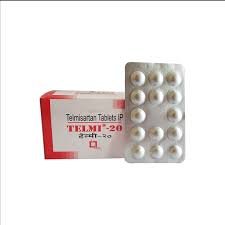
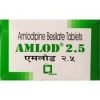
Reviews
There are no reviews yet.